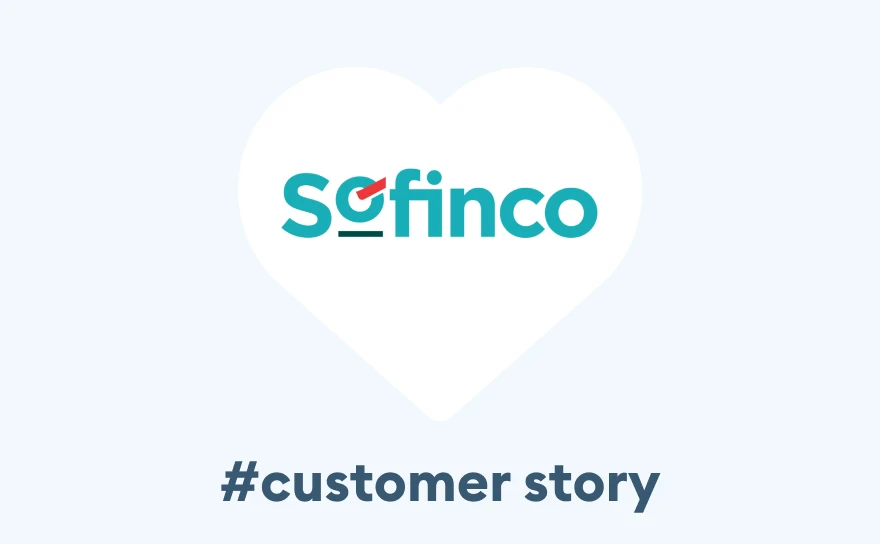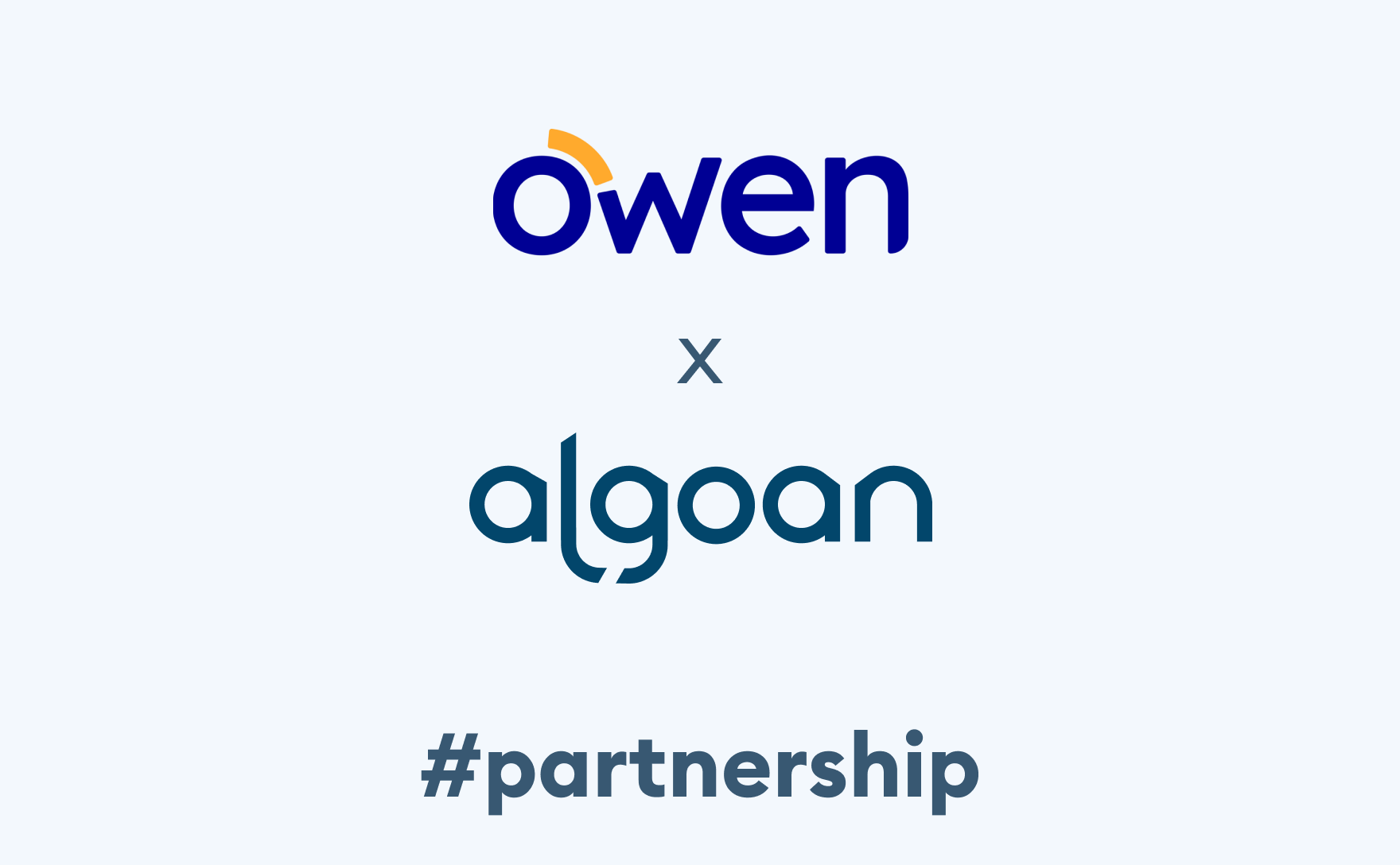Fair Finance combines Open Banking & Credit Bureau data to help clients with a lack of access to affordable credit in the UK

Fair Finance, a UK based social enterprise with a bold vision to revolutionise financial services and ensure a fair chance for everyone, is committed to scaling its alternative lending model to tackle the prevalent issue of financial exclusion in the UK
A significant portion of the UK population encounters obstacles in accessing affordable credit. This demographic faces two predominant challenges: the presence of derogatory information on credit files or thin credit profiles, which makes assessment and service provision more difficult; and a susceptibility to the Cost Of Living crisis, amplifying the strain on affordability. In the UK, over 10 million UK adults can’t access affordable credit and are left with “non-standard” credit options usually at high-interest rates.
The need: Increasing model accuracy to increase approvals
To achieve its vision, Fair Finance is planning to serve an increasing number of clients otherwise lacking affordable credit access. It has identified a key desire to increase its conversion rate as part of its growth plan while maintaining its credit losses. Fair Finance's existing scoring model relied on Credit Bureau Data only, and although this data is effective for risk analysis, it has major limitations: credit bureau data can be out of date, lacking or painting only a partial and negative picture of a client’s financial situation. Therefore, Fair Finance needed a better-performing model increasing its ability to say “yes” to its particular client base, when many had said “no” before.
The solution: Combining Open Banking and credit bureau data to achieve the highest level of performance.
Fair Finance loans are short in duration (average of 10 months) and amounts are low (average of £670). The lender provides an alternative to high-cost credit for an underserved population with a history of financial hardship. These customers are particularly tricky to serve with a high-risk profile, with usually damaged credit and affordability pressures. To be able to adapt the solution to this particular target customer group, Algoan helped Fair Finance build a new scorecard that leverages Credit Bureau variables enriched with data extracted from Algoan’s Open Banking Credit Decisioning solutions.
This new scorecard is powered by Algoan's Open Banking features that were not available in the previous model. It takes into account the changes in distribution and performance of key features post-pandemic and separates new and existing customers as there are significant differences in profiles between the two customer segments.
This new model allowed a higher level of performance, increasing Fair Finance conversion rate while maintaining the same cost of risk.
"Fair Finance’s credit risk strategy was to leverage the power of Open Banking data to better serve our customers. Working with Algoan, a European leader in Open Banking scoring technology, we were able to deliver a real step up in score performance and achieve our initial conversion objectives."
Guillaume Foucaud, Chief Risk Officer at Fair Finance
The results: A marked improvement in assessing credit risk for an underserved population in the UK
Only a few months after launching their new scorecard, Fair Finance was able to achieve a substantial increase in acceptance rate without compromising on the level of credit risk.
This is just the beginning of a great collaboration between Fair Finance and Algoan. The 2 companies will work together on monitoring and enhancing further the current scorecard to achieve even higher performances in the coming months.

"Beyond pure affordability assessment, Open Banking data can be very powerful for credit risk decisioning. We are thrilled to have worked with Fair Finance and built an innovative solution combining credit bureau and Open Banking data to power their new scorecards."
Camille Charreaux, Head of Data at Algoan
Ça peut aussi vous intéresser
Un projet ? Une question ?
Vous souhaitez changer votre manière de prendre vos décisions de crédit ? Discutons-en !



